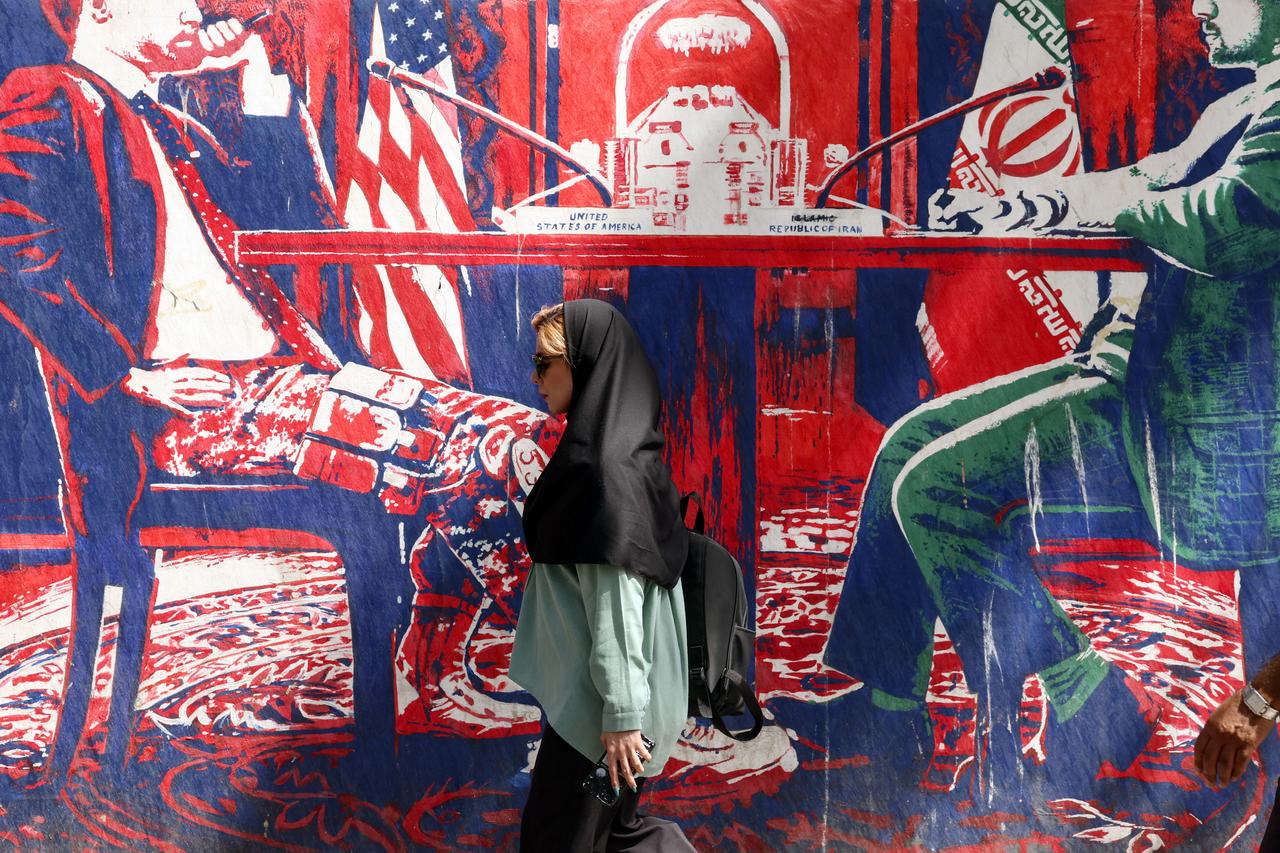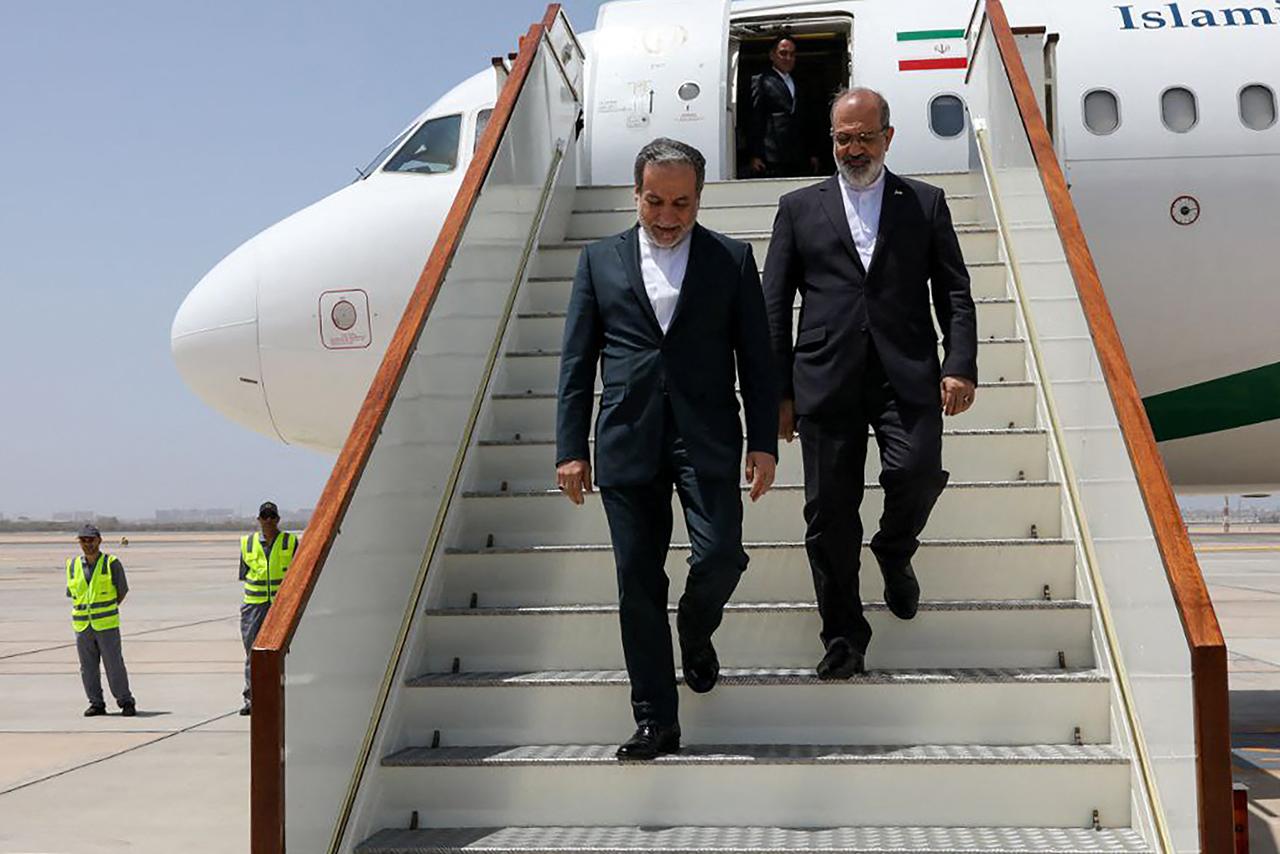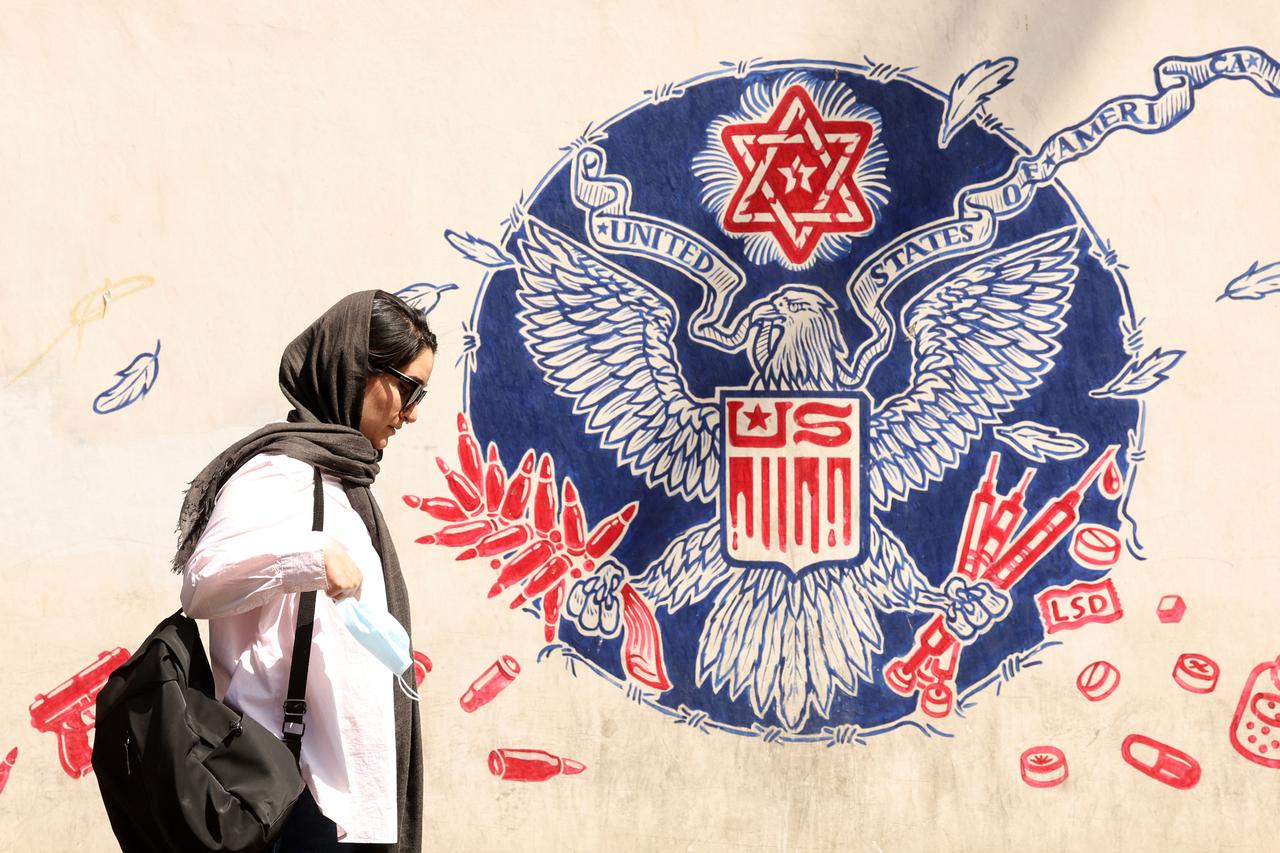
Iranian Foreign Minister Abbas Araghchi reaffirmed Tehran’s firm stance on its nuclear program following the latest round of talks with the United States in Oman, stating that Iran’s right to enrich uranium “must continue and there is no room for compromise on it.”
Speaking after the fourth and most serious round of negotiations to date, Araghchi described the meeting as “more serious” than previous ones, suggesting that while Iran may consider adjusting the rate of enrichment to foster trust, the process itself remains a red line.

The talks, which took place in Muscat on Sunday, mark the highest-level engagement between Iran and the U.S. since Washington unilaterally withdrew from the 2015 nuclear agreement during President Donald Trump’s first term. While no breakthrough was achieved, both sides expressed measured optimism, with Iran’s foreign ministry calling the session “difficult but useful,” and a senior U.S. official saying Washington was “encouraged by today’s outcome.”
According to Araghchi, any decision to proceed with further negotiations will be coordinated by Oman, which hosted the latest discussions. The Omani Foreign Minister, Badr Albusaidi, said the meeting “included useful and original ideas reflecting a shared wish to reach an honourable agreement.”
Despite this diplomatic engagement, core disagreements persist. Iran insists on its right to enrich uranium — currently up to 60% purity, well beyond the 3.67% limit set by the 2015 deal but below the 90% needed for weapons-grade material — while Washington demands dismantlement of enrichment facilities. Trump’s Middle East envoy, Steve Witkoff, recently reinforced this demand, calling Iran’s enrichment capability a “red line.”

Iranian President Masoud Pezeshkian on Sunday pushed back against U.S. demands for Tehran to dismantle its nuclear infrastructure, calling the idea completely out of the question.
In remarks to state media, Pezeshkian said Iran rejects what he described as “unacceptable” calls from U.S. officials to eliminate its entire nuclear program, stressing that Tehran would not abandon its legitimate activities. He stated that "Iran will not give up its peaceful nuclear rights," reiterating that the country’s nuclear work remains within internationally recognized frameworks.
Pezeshkian also warned that pressure tactics would not yield results, saying Iran's position on its nuclear policy has remained consistent and rooted in national sovereignty and international law.
Iran maintains that its nuclear program is for peaceful purposes, a claim Western governments have long questioned. Araghchi, writing in French magazine Le Point, warned against a “strategy of confrontation” and urged Western powers to pursue constructive engagement.
The talks unfold amid heightened regional diplomacy, with Trump preparing for a tour of the Gulf and Araghchi recently returning from Saudi Arabia and Qatar. Meanwhile, European governments consider triggering the 2015 deal’s snapback mechanism to reimpose UN sanctions, an option set to expire in October.